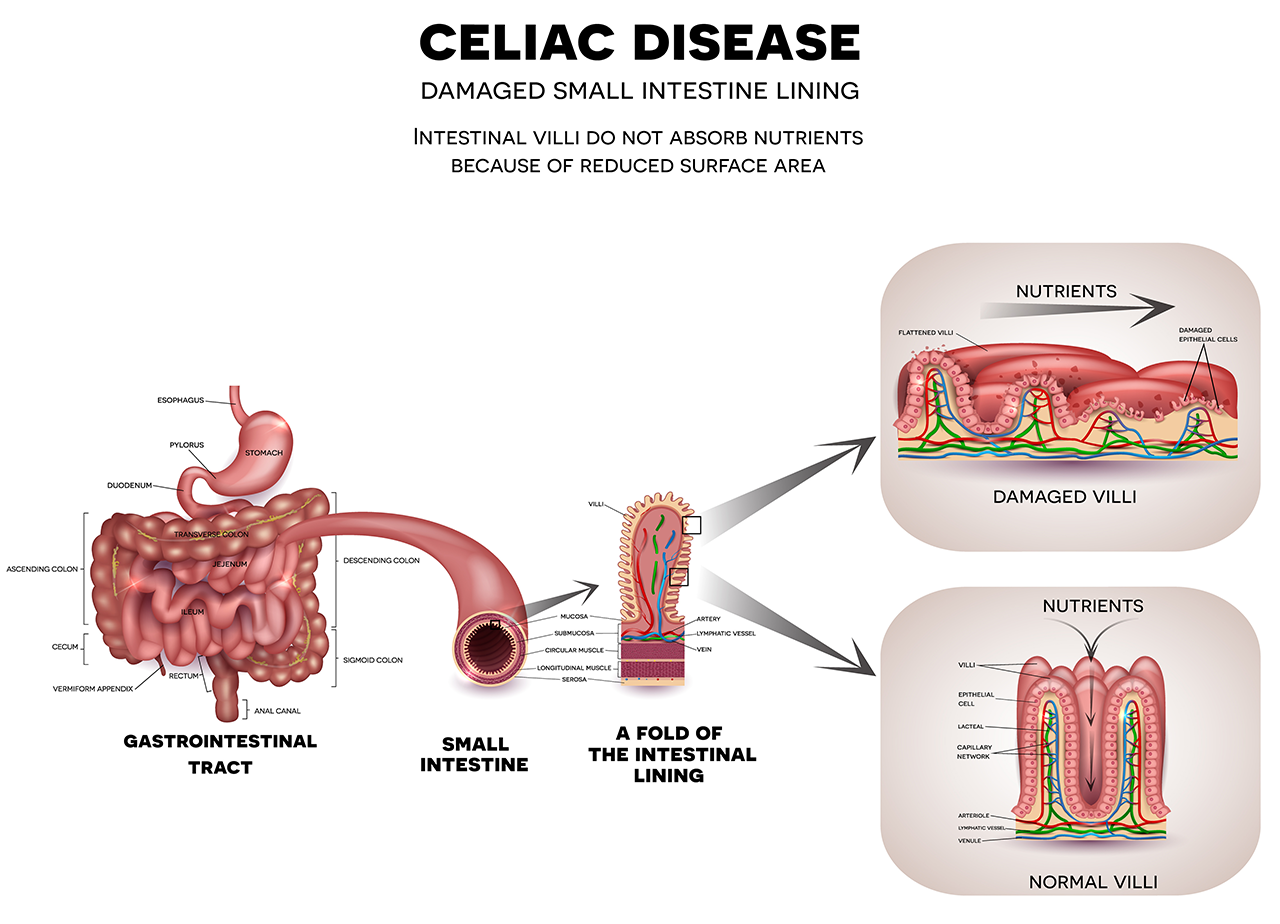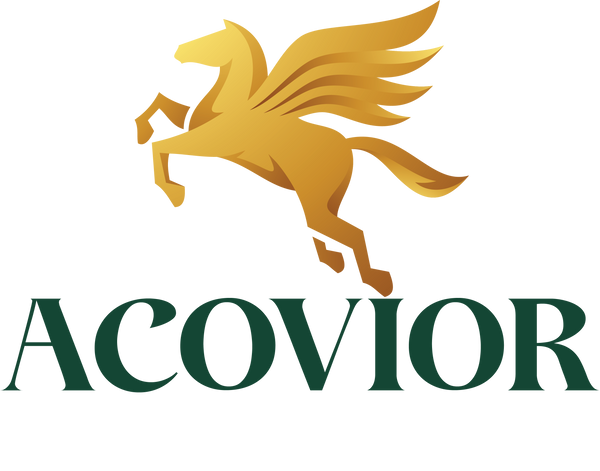
What is Coeliac disease?
What is Coeliac disease?
"Coeliac Disease: Unravelling the Silent Villain Affecting Millions"**
In the United States, celiac disease is frequently spelled as coeliac disease, but it involves much more than just dietary changes. Millions of people worldwide are afflicted by this autoimmune disorder. This in-depth guide delves into the complex world of coeliac disease, examining its causes, signs and symptoms, diagnosis, and the life-altering effects of a gluten-free diet.
Understanding Coeliac Disease
The small intestine is largely affected by celiac disease, also known as coeliac disease which is an autoimmune condition. Consuming gluten, a protein present in wheat, barley, and rye, causes this illness. The immune system of people with coeliac disease attacks the lining of the small intestine's when they consume gluten, harming the villi, tiny finger-like projections essential for food absorption.
The Multifaceted Celiac Disease Symptoms
Due to its diverse variety of symptoms, coeliac disease is frequently referred to as the "chameleon disease". Diarrhoea, abdominal pain, bloating, indigestion, and constipation are typical gastrointestinal problems, but the condition can also present in unexpected ways. Some people develop a chronic fatigue, accidental weight loss, and dermatitis herpetiformis, an itchy rash. If left untreated, coeliac disease might potentially result in consequences like infertility, peripheral neuropathy, and ataxia.
The Gluten Conundrum
Gluten is the main cause of celiac disease and is what sets off the immune system's reaction. The protein known as gluten can be found in foods like bread, pasta, and sauces as well as the grains rye, barley, and wheat. Even the smallest amount of gluten can cause symptoms and damage to the small intestine in those with celiac disease.
The Power of a Gluten-Free Diet
The most effective management for celiac disease is to follow a strict gluten-free diet. Eliminating gluten from one's diet promotes healing of the small intestine, reduces symptoms, and avoids subsequent issues. We'll go over how to live a gluten-free diet in detail, as well as offer helpful advice on avoiding cross-contamination and navigating the market for gluten-free goods.
Diagnosis and Testing
It's critical for people who think they may have celiac disease to receive a proper diagnosis. We'll go into the diagnostic procedure, which includes gut samples and tests for gluten antibodies. To avoid long-term consequences, early diagnosis and treatment are crucial. You should also seek sure advice from a dietarian, and a medical professional if unsure on your diet and products to consume.
Complications and Beyond
Osteoporosis, iron deficiency anaemia, and deficiencies in vitamins B12 and folate are just a few of the consequences that can arise from untreated celiac disease. We'll go over these potential issues and underline how crucial long-term management is.
A Supportive Community
Although dealing with celiac disease can be difficult, it's important to keep in mind that you're not alone. There is a helpful group of people on the same route to find solution, tips and advice and helpful information. Coeliac disease is a complicated condition that requires care, but those who have it can enjoy happy lives if they have the appropriate information and follow a gluten-free diet. We aim to continue to provide helpful tips, advice and information here which can help individuals live a happier life.
